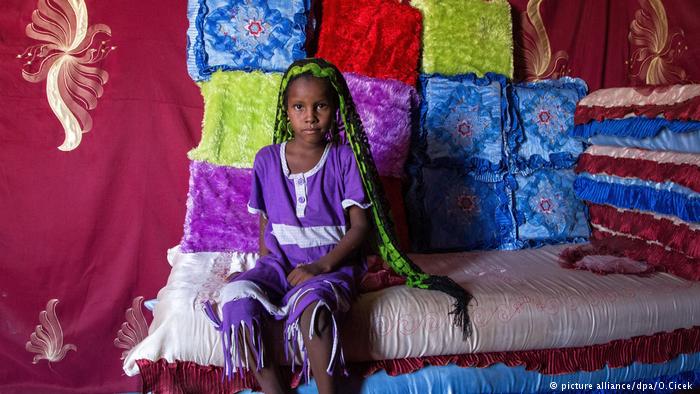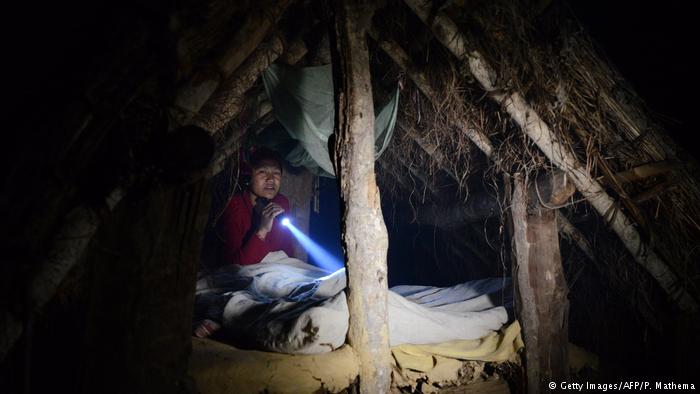No fish without sex
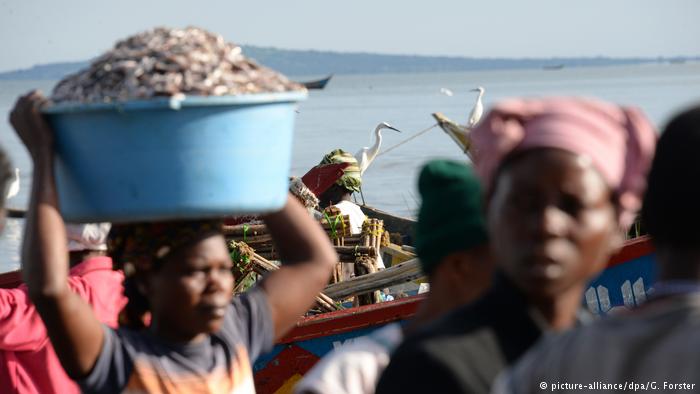
Selling fish is the most common way to make a living among women around the Victoria lake. But in order to get fish to be sold, the women have to pay for it – and the currency accepted by the fishermen is sex.
–
Sex for fish

Kenian women sell fish from the Victoria lake at the local markets. Selling fish is the most common way there to make a living since many decades ago. But in order to get their fish, the women have to pay for it – and the currency accepted by the fishermen is sex. Reporters from the German news agency dpa went to Kenia to talk to the women involved.
–
The “Jaboya” business
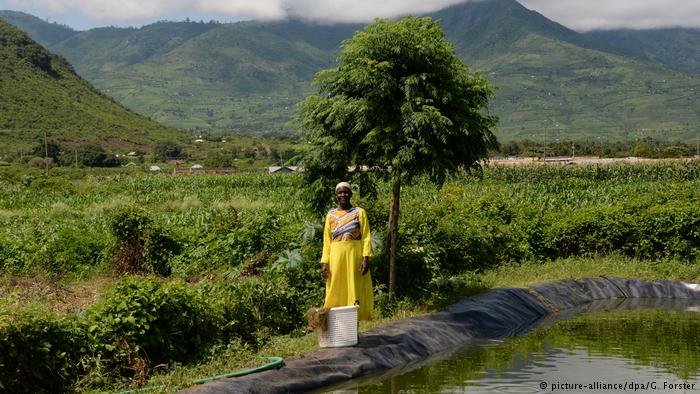
Perez Anjango traded fish when she was younger. For about fifteen years she has been part of the business the locals call “Jaboya”: Having sex with fishermen as a means to get their merchandise. Nowadays organizations like World Vision are showing women how to find their way out of “Jaboya”.
–
Inequality of genders at the lake
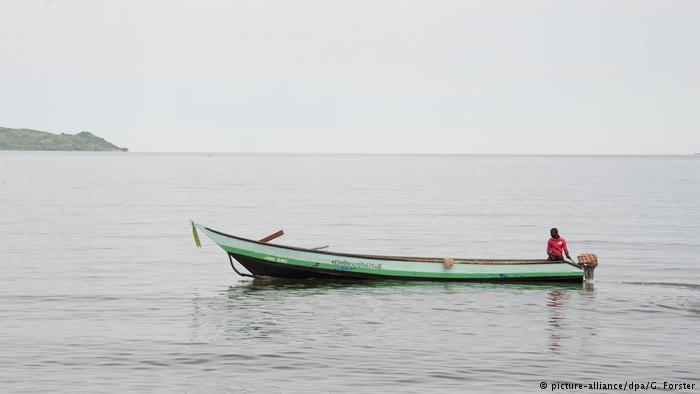
In the early morning hours the fishermen bring their boats out to catch the fish – this is only done by men. There is a strong gender segregation in the fish business around Victoria lake.
–
One out of many
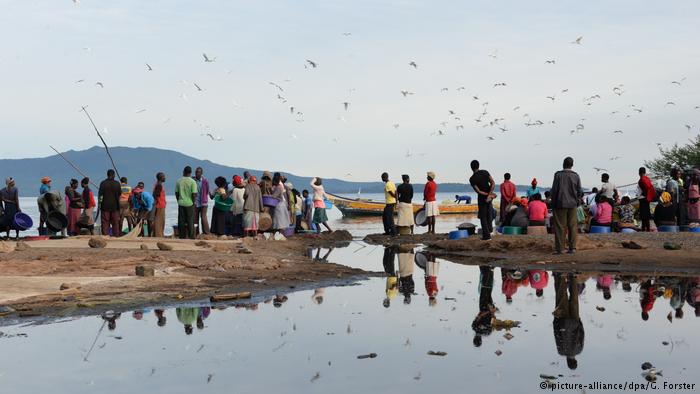
When the fishermen come back later in the morning, the beach is already full of people – mainly women – waiting to get their part of the catch. The fishermen bring in “Omena”, the kind of fish that’s being sold at the market.
–
The “right” fisherman
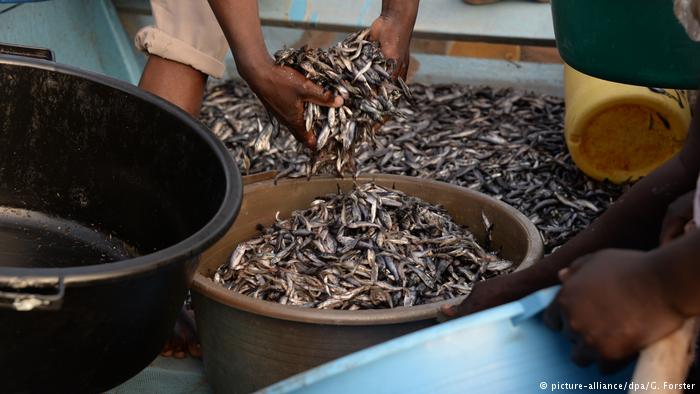
Once the fishermen arrived at the beach, each woman knows exactly which boat to head for and where to get her plastic bucket filled up with fish. One bucket equals about 35kg Omena and costs about 1000 Kenyan Shilling (about 8,50€/ US-$9,85). The sex only comes on top – it’s literally for free.
–
Too many people, too less fish
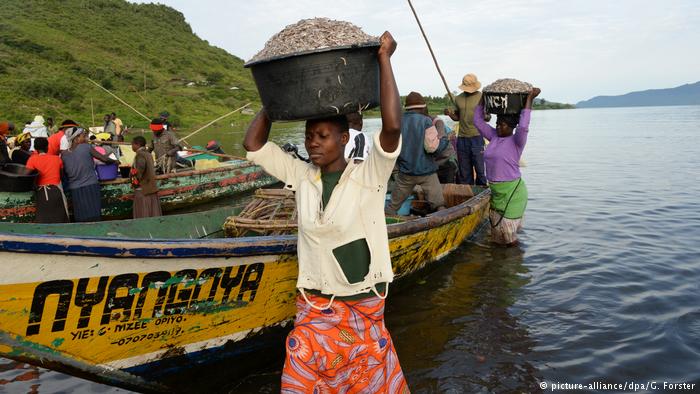
But how comes that the fisherman can force the women into prostitution? The answer is simple: Because they can demand whatever they like for their fish. The population of people around the lake is growing while the population of Omena in the lake is decreasing heavily due to pollution, overfishing and the Victoria perch, introduced to the lake in the 1950ties.
–
Standing out in the crowd
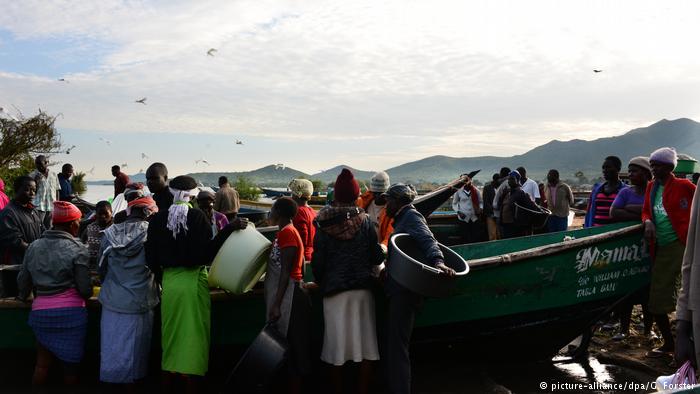
So, in order to get fish the women have to be in a “friendship” with a fisherman. This means they’ll have sex either before or after the men go fishing. “Especially good friends” may even get some more or fresher fish than the other women.
–
A spreading problem
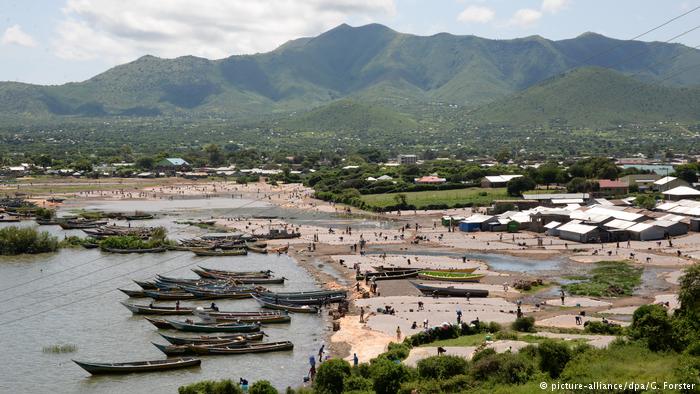
“Jaboya” is happening not only in Kenia but also in neighboring Uganda and Tansania. And it is spreading diseases around the lake: HIV rates are particularly high in the region, killing both women and fishermen who then again leave behind their widowed wives without income.
–
New income sources
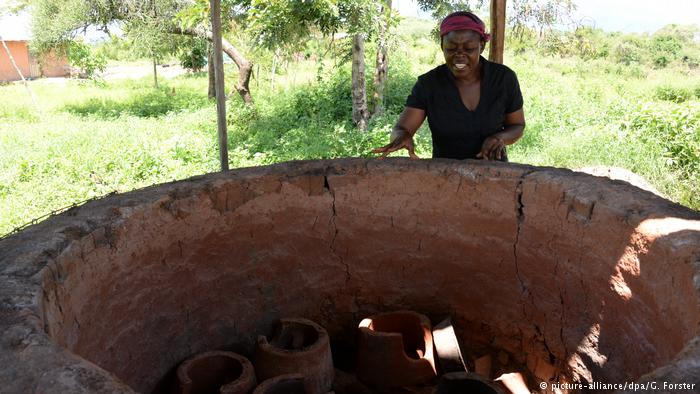
It’s hard to escape the “Jaboya” business: First the women have to find a different job. Organizations like “World Vision” show them new ways to make money. This woman is producing clay ovens in Sindo, a small town near the lake.
–
Starting proper businesses
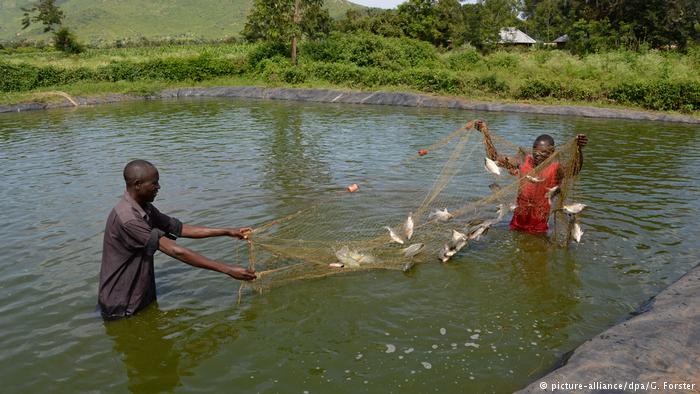
Perez Anjango and her family have their own fish-farming now: A pond in the size of about half a tennis court close to the Victoria lake. One of Anjangos daughters sells fish at the market – but she always stays away from the beach.
Author: Tabea Goppelt




